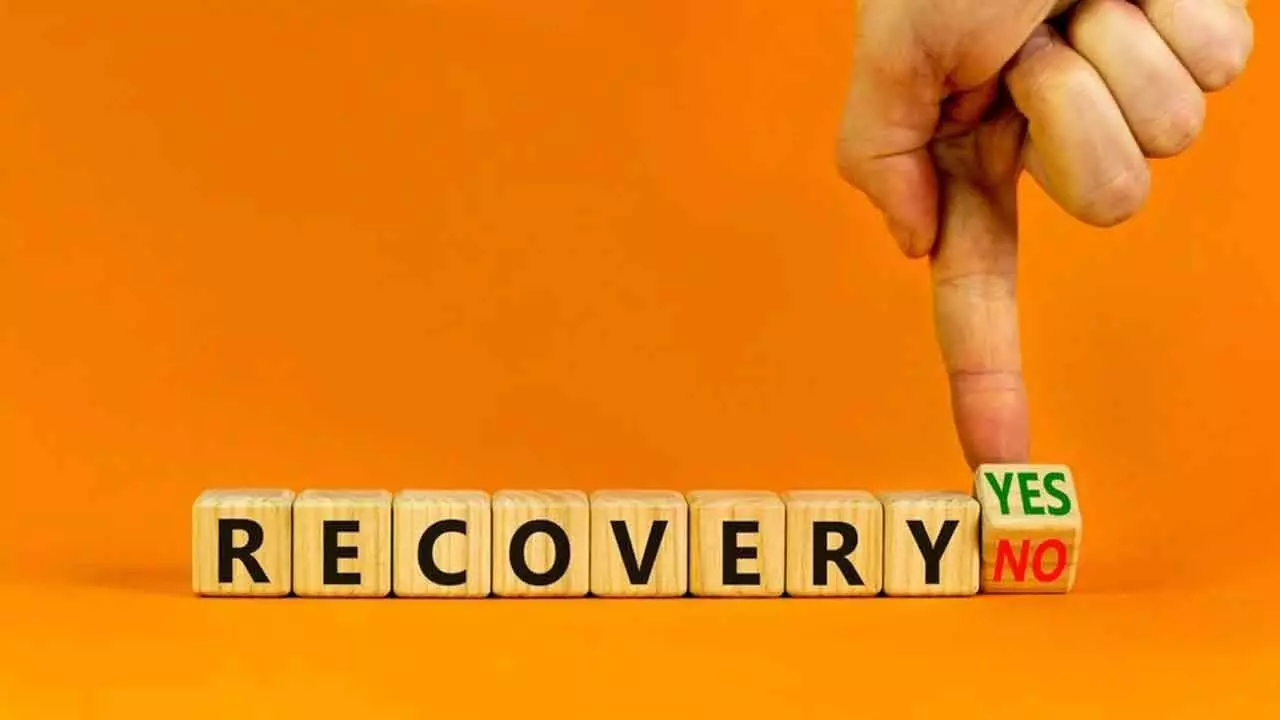Politicians Should Not Vitiate Debt Recovery Processes
Politicians Should Not Vitiate Debt Recovery Processes

One of the several unfortunate aspects of Indian politics is that whenever leaders discuss any issue, the objective is to disparage their opponents. The consequences are invariably deplorable: a lot of heat and dust - but no light - is generated. The Congress’s criticism of the State Bank of India’s in a debt restructuring case is just that.
The grand old party has slammed the biggest public sector bank’s (PSB’s) reported decision to convert its outstanding debt into equity in Supreme Infrastructure India Limited (SIIL); it has also urged the Reserve Bank of India to intervene and examine SBI’s decision-making process in this matter. Congress general secretary in-charge communications Jairam Ramesh said on X, “In an extraordinary move, SBI has decided to convert its outstanding debt into equity in Supreme Infrastructure India Limited (SIIL), a firm that declared bankruptcy. The lenders, including SBI, took a 93.45 per cent haircut on the debt.”
He alleged that this arrangement creates a dangerous precedent in India’s corporate debt landscape, encouraging “other defaulting companies to seek similar deals, where they can retain control and value even after significant defaults.” He went on to berate the PSB for putting the interests of the defaulting borrower, SIIL, above recovering public funds.
Ramesh may not be very accurate about his charge that SBI is setting a bad precedent. Earlier too, banks, including SBI, have done that, the most prominent case being that of now defunct Kingfisher Air. The lenders concerned, including ICICI Bank, converted the debt into capital at a price of Rs 65 per share. That neither the airline could be resuscitated nor loans recovered is another matter. But then debt restructuring is often a painful process; lenders frequently end up incurring heavy losses, called haircuts in financial parlance.
Bad debts, however, are part of the modern economic system; like disease and accidents in life, they cannot be wished away. It is a well-known fact that bad debts, euphemistically called non-performing assets (NPAs), are primarily of two types - caused by genuine business failures and willful defaults.
There can be zillions of reasons for a business to go broke - from unrealistic assessment of the market to extraneous factors like wars and natural disasters. In such cases, the promoters are as much the victims as the lenders. But when promoters’ unlawful or improper actions result in the shutting down of a business, they should be brought to book - along with the bank officials if they are found to be in collusion with the former.
At any rate, recovery by banks - whether the default is genuine or willful - is a lengthy, complex, and often messy process. It is better to leave that to the professionals who have competence to do that; politicians and others should enter the arena when there is some evidence of malfeasance on the part of bankers, promoters, and others. In the SIIL case, Ramesh just remarked about the nitty-gritty of the process without pointing out any wrongdoing. Such political interference only vitiates the process.
Ramesh should also do some introspection, for it was the GOP’s policy in the past - the fiscal stimulus when Pranab Mukherjee was finance minister (2009-12) - that was mainly responsible for high NPAs in the following years. SIIL was also a beneficiary of that era of easy money. The Congress should exercise restraint till it finds something really wrong.

